Over 50 students, staff, faculty and regents met on Friday for a listening session hosted by the Minnesota Student Association (MSA).
During the session, students and faculty voiced their concerns over the University of Minnesota Police Department’s deployment to Brooklyn Center during protests in response to the police killing of Daunte Wright, as well as UMPD’s participation in a countywide task force that led to its presence in the suburb.
According to the University, 12 UMPD officers with special training in crowd control
were sent to support the city of Brooklyn Center.
Four members of the Board of Regents, Steve Sviggum, Janie Mayeron, Darrin Rosha and James Farnsworth, attended the meeting and only responded with closing remarks.
Students shared stories of being arrested and seeing violence during protests, while others were brought to tears by the recollection of this week’s events.
“I’ve watched kids throwing a rock at a fence get tear-gassed,” Jayne Kinney, a Ph.D. student at the University said. “Then I found out that it’s [by] the same people that are supposed to be protecting us.”
The UMPD is part of the West Command Task Force, a group of 35 police departments in Hennepin County that sends officers to other jurisdictions when member departments request assistance. The task force, which was deployed to Brooklyn Center, has been widely opposed by students.
“In the summer of 2020, the University made a big show,” Alexander Criswell, a Ph.D. student at the University said. “They talked about how they were committed to addressing these issues and the racial disparities in our communities and in policing. And then, come to find out that immediately after doing that, it engaged in this West [Command] Task Force in order to set up a system where the University of Minnesota Police Department could send its members to engage in exactly the same activity with other police departments. It completely undercuts everything that was said this summer.”
Students are also concerned about the lack of communication between the board and students when issues arise.
“Over the course of the past year, I really believe that the board has failed in their responsibilities to be responsive to the student body,” Sam Parmekar, MSA state coordinator said. “It’s been almost a year since George Floyd was murdered, and all of you have failed to propose anything meaningful that addresses students and community concerns at the University of Minnesota.”
In the past week, students have sent over 1,800 emails to President Joan Gabel, Senior Vice President for Finance and Operations Myron Frans, the board and UMPD Chief Matt Clark demanding university police withdraw from the task force and protests at Brooklyn Center, according to the MSA. These emails have gone unanswered, so the MSA has started a phone campaign to address these concerns.
“I want to know why it has taken so long to get to even just this point of listening,” Carter Yost, a first-year student said. “We’ve tried calling, we’ve tried emailing, we’ve tried statements, we’ve tried resolutions, we’ve tried protesting. And for the most part, we’ve been entirely ignored.”
The calls for the University to withdraw from the task force are part of student activists’ monthslong efforts to enact policy changes within UMPD. Since former Minneapolis police officer Derek Chauvin killed George Floyd in the summer, student activists such as Students for a Democratic Society have pressed the administration to hand oversight of the police over to University community members.
“Policing on college campuses is not a new issue. Policing and how it kills Black people is not a new issue,” Jael Kerandi, ranking representative to the board, said.
“This is not a partisan issue. Please don’t treat it like a partisan issue. I want this to be treated as a matter of humanity, and I don’t think people look at the humanity of this because it has become so normalized for Black bodies to be on the ground,” she said.
The four regents in attendance remained neutral and did not comment on any specific actions in their closing remarks.
“I very much appreciate the passion and the perspective that we’ve heard,” Regent Sviggum said. “I have to boldly tell all of you, with complete respect, that while I’m listening and trying to understand, [that] doesn’t necessarily mean I agree.”
Although students asked that their concerns be addressed immediately, the regents informed the session that this is not feasible.
“I need time to reflect,” Regent Mayeron said. “I’m not trying to put it off; I don’t have an answer.”
Some students voiced that the board has had ample time to discuss this matter, reflecting back on last summer’s protests.
“There is a fractured relationship between students and UMPD, and something has to change,” Abdulaziz Mohamed, the incoming MSA president said. “And the only people that will be able to do it — who have a true stake in this issue — are our administration and the Board of Regents.”


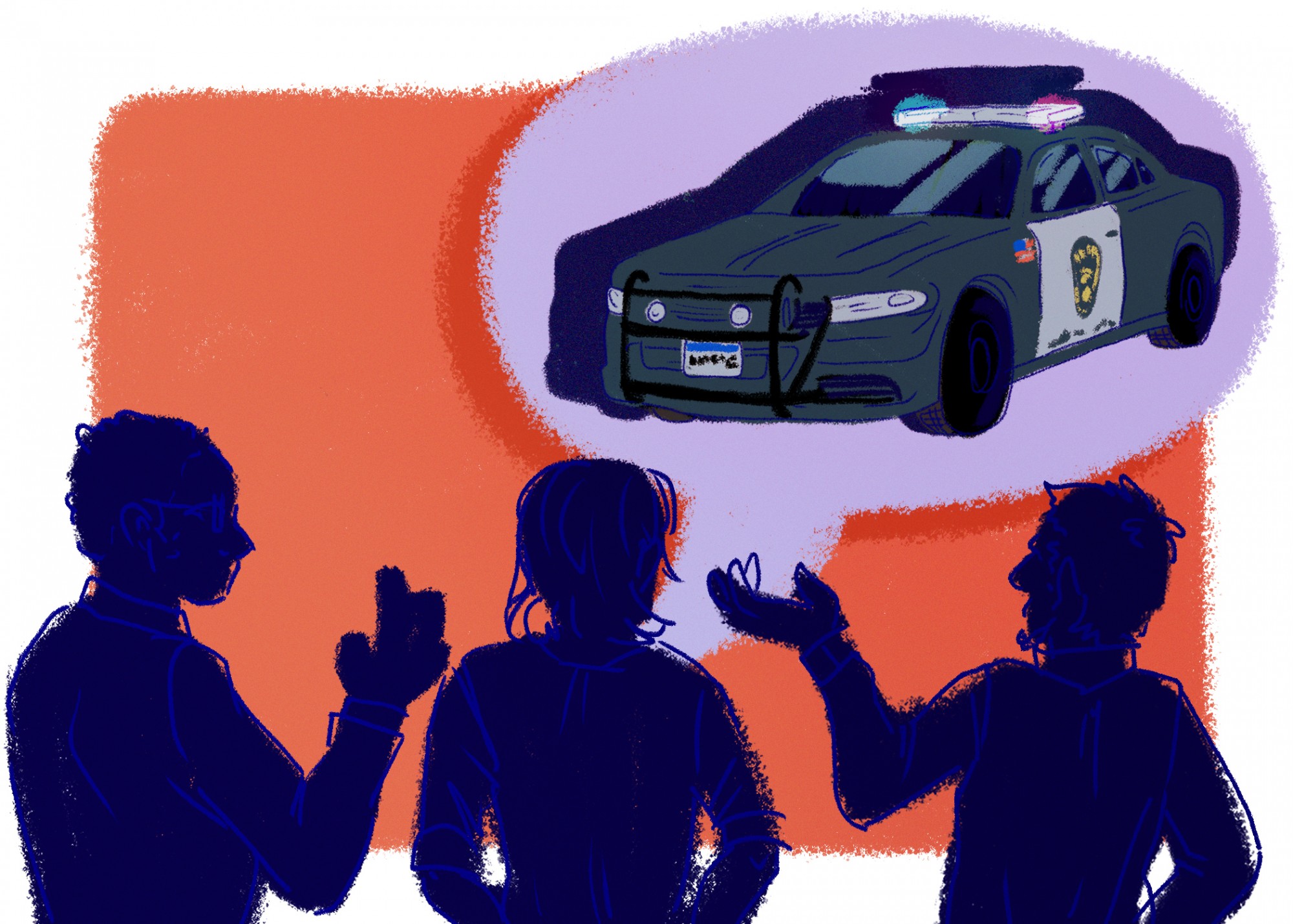
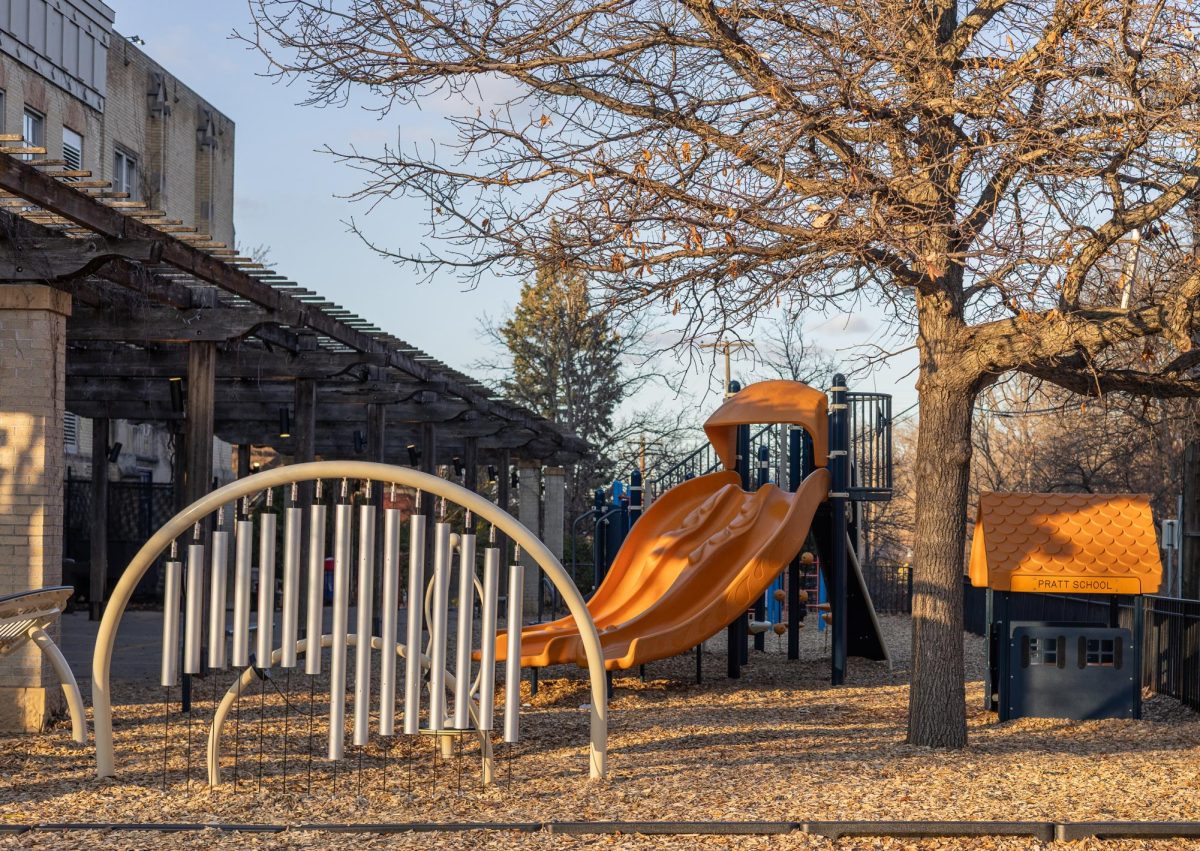

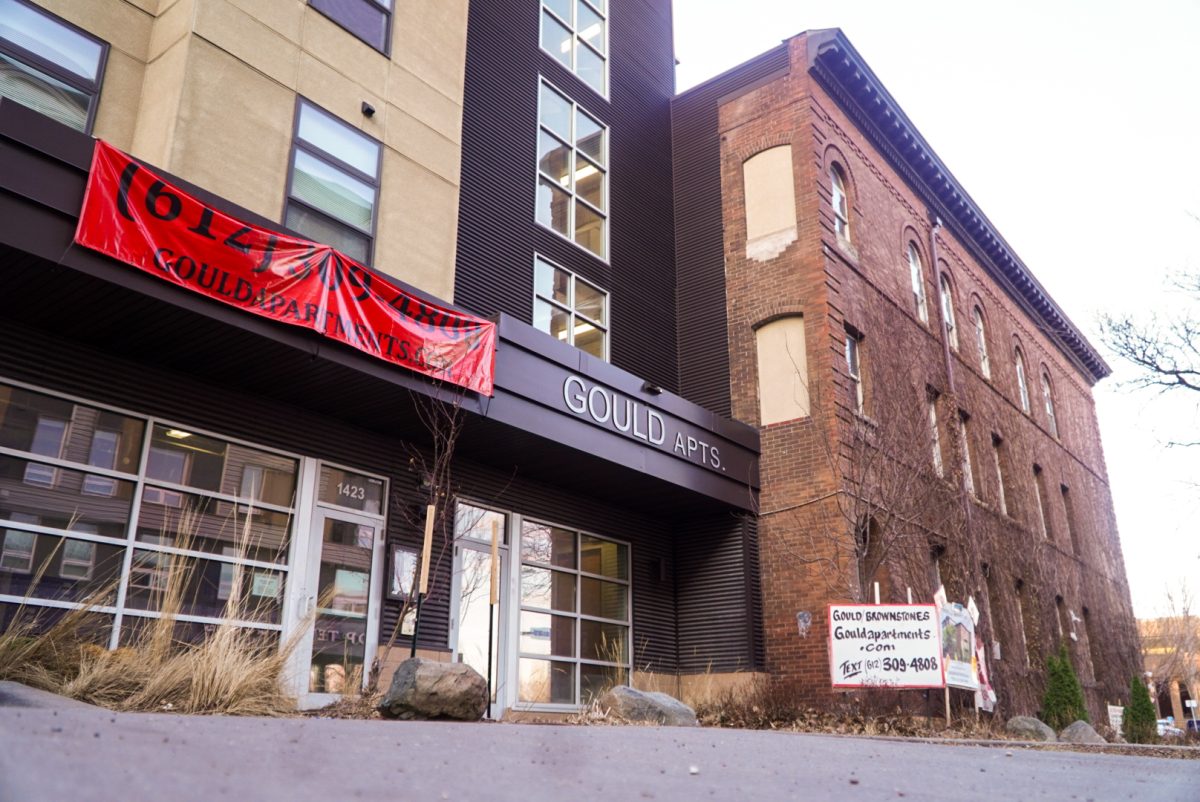










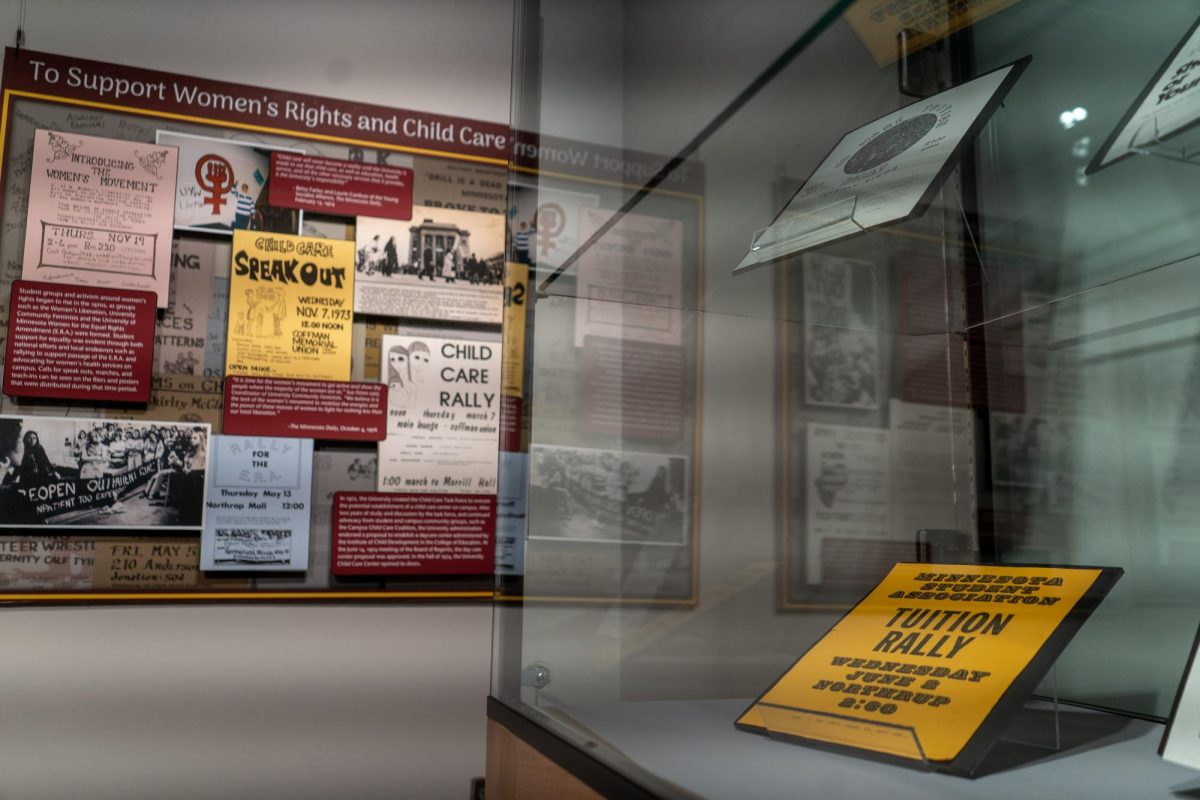
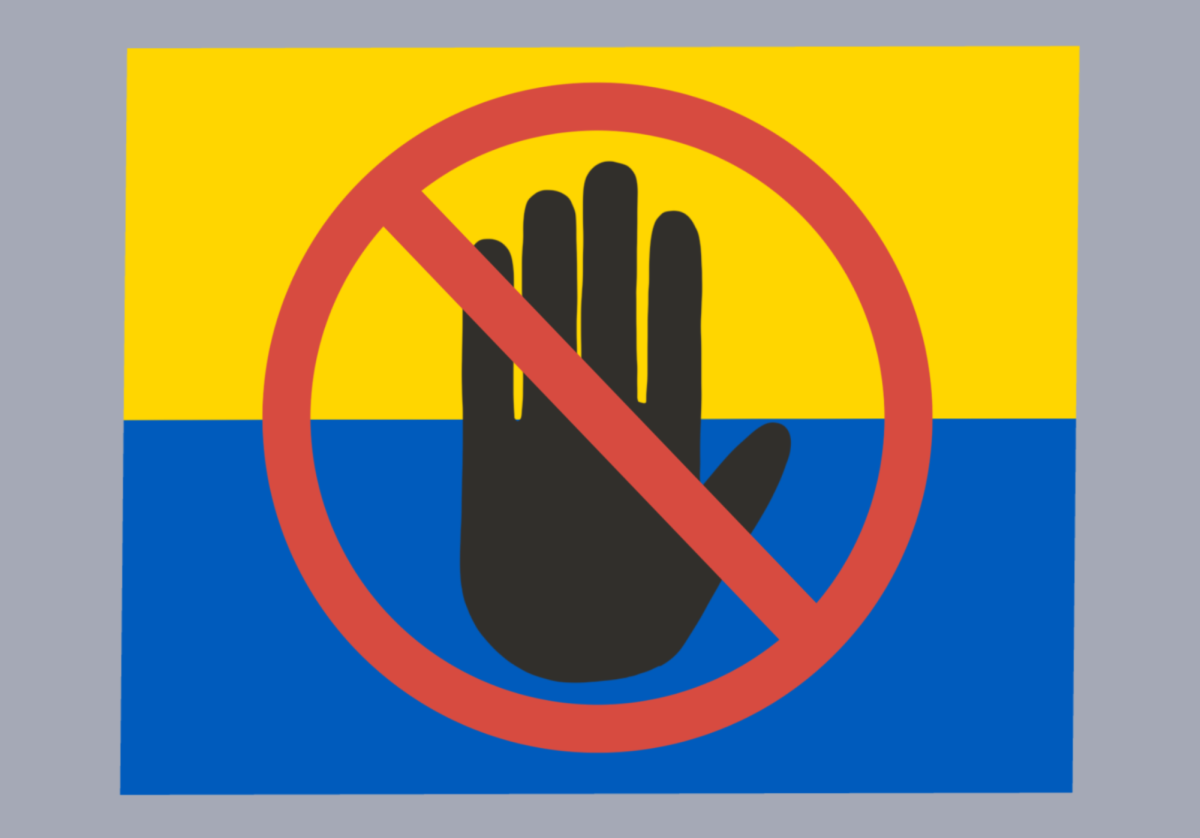
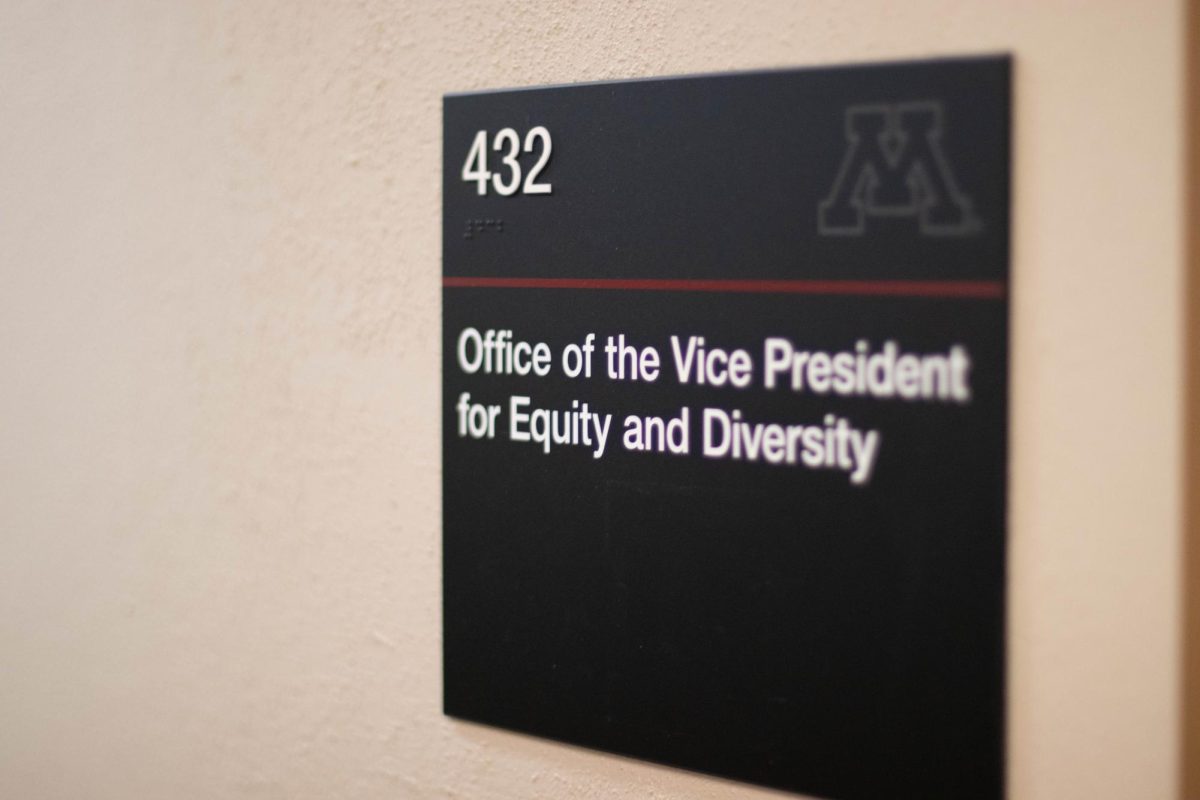
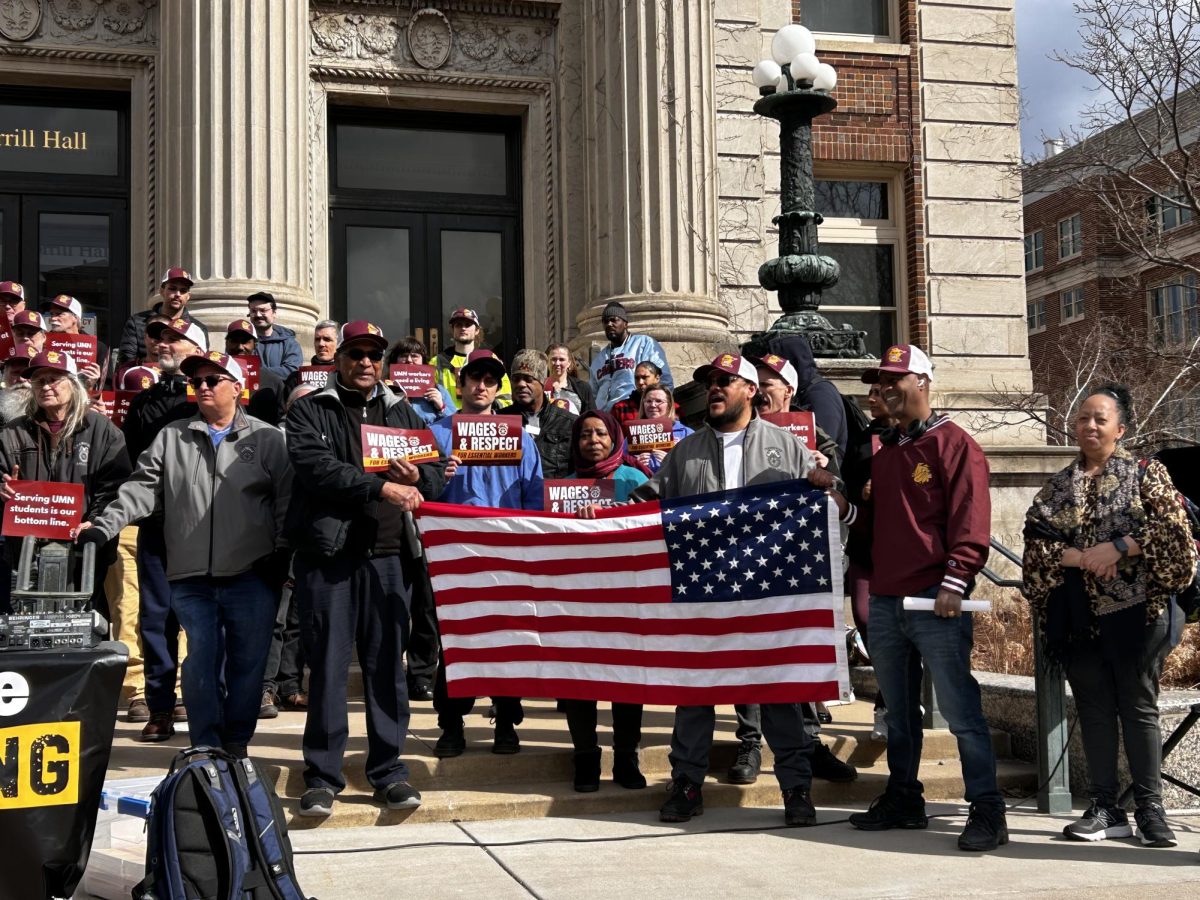
praiseinterracialmarriages
Apr 20, 2021 at 5:06 pm
I am fine with UMPD being involved with policing in areas which may become riots and other crime scenes. The fanaticism of a few youth over the needs of families with properties which need to be protected does not outweigh the good of the many. The youth at University of Minnesota are judging UMPD officers who have not committed crimes. They are violating the principle of not presuming another guilty on the basis of association (in the same occupational field). This violates the disciplined manner of thinking enshrined in the U.S. Bill of Rights in the Fifth Amendment.
While it is tragic and saddening that Daunte Wright and and George Floyd, among several others, were killed by the reckless disregard for their lives by individual officers, the bigotry which I see in the fanatical youth, and others, warrants my concern.
However, I believe in peaceful protests to make a statement to the community, and to the leaders within the community, to change their attitudes and to enact processes and training to put an end to racism — a concern which I have been a part of for fifty-one years. During my boarding school studies in 1984-1985, I worked in Norway with classmates and community residents interested in helping the youth of South Africa put an end to the discriminatory and brutal system of apartheid in the nation of South Africa. I met and later corresponded with 1984 Nobel Peace Prize Laureate, Archbishop Desmond Tutu of South Africa. I have enjoyed friendships with members of every race, and from the broadest imaginable socioeconomic backgrounds. Much earlier, in 1970, I took part in a project, as a second-grader, which brought to light the need for inter-racial friendship and peace.
With regard to law enforcement authorities brutally engaging with journalists, I abhor their tactics as being un-American and vile. They have violated the First Amendment and basic norms of decency.
However, I do not judge all people of a certain aggregate by the actions of a relative few. I hope to impart this idea and discipline upon others. “Judge not, and you shall not be judged.”
Barry N. Peterson
Past University of Minnesota Student Senator
Past Director, Minnesota International Student Association (MISA)
College of Liberal Arts, Class of 1996
Minneapolis, Minnesota, USA